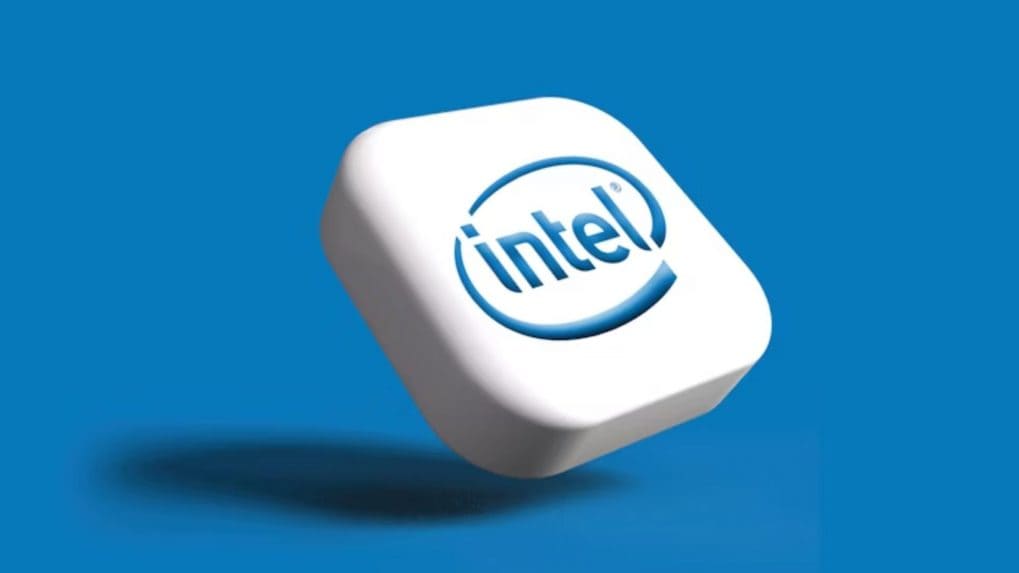How it Works
WPP, Havas, Omnicom: Are advertising’s biggest holdcos recasting agencies as AI Operating Systems?

Intel has reportedly raised concerns about potential fallout from the Trump administration’s decision to acquire a 10% stake in the company, cautioning that the deal could spark “adverse reactions” from investors, employees, customers, suppliers, foreign governments, and competitors.
In a filing with the Securities and Exchange Commission on Monday, the chipmaker highlighted that the agreement may complicate international sales, which accounted for 76% of its $53.1 billion in revenue last fiscal year.
It was recently reported that the White House is in talks to take a stake of about 10% in Intel Corp., a move that could make the US government the company’s largest shareholder. These discussions come as Intel battles losses and SoftBank has stepped in with $2 billion investment.
As then reported by Bloomberg, officials from Trump administration are exploring a plan to convert some or all of Intel’s $10.9 billion in Chips and Science Act grants into equity. That figure roughly matches the value of a 10% stake at Intel’s current market capitalization of about $105 billion. The size of the holding, and whether the White House will move ahead, is still under discussion, the report said.
Intel now has stressed that being directly tied to President Donald Trump’s shifting tariff and trade policies could make its global operations more vulnerable.
The transaction hands the Department of Commerce up to 433.3 million Intel shares funded largely through $11.1 billion already awarded to the company under federal semiconductor programs, including President Joe Biden’s CHIPS Act. The new government stake will, according to CNBC, dilute existing shareholders while also giving Washington a seat at the table.
While Trump hailed the move as “a great Deal for America” that will strengthen U.S. chipmaking, Intel admitted it has not fully assessed the financial, tax, and accounting implications of the arrangement. The company also warned of possible litigation and greater political scrutiny ahead.
Intel is undergoing leadership changes amid market turbulence. After the December exit of Pat Gelsinger, who struggled to regain lost ground during the AI chip race, Lip-Bu Tan stepped in as CEO in March. Intel faces an uphill battle. The company is grappling with stagnant sales, persistent losses, and eroding technological leadership. New CEO Lip-Bu Tan has focused on aggressive cost-cutting and job reductions in an effort to stabilize operations.
From purpose-driven work and narrative-rich brand films to AI-enabled ideas and creator-led collaborations, the awards reflect the full spectrum of modern creativity.
Read MorePraveen Someshwar, Managing Director and CEO of Diageo India, joins the Grand Jury of the Storyboard18 Awards for Creativity, highlighting the awards’ focus on work that blends cultural relevance with strategic and commercial impact.